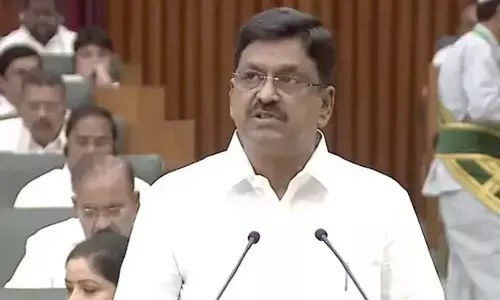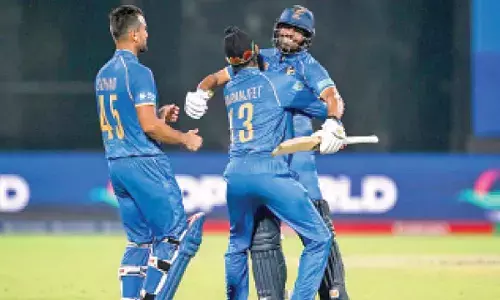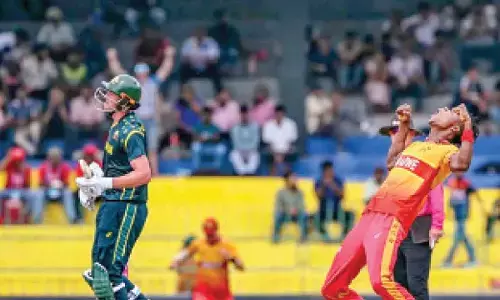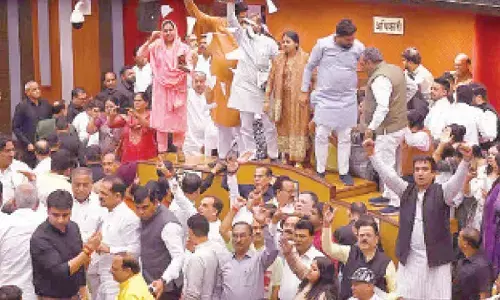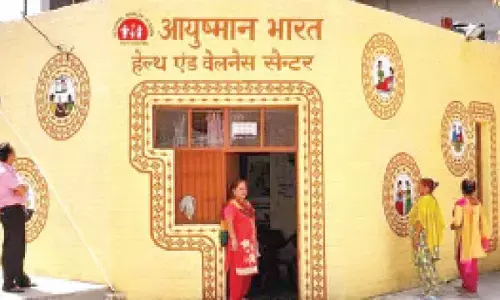Kashmir Valley set for more pain, tragedies
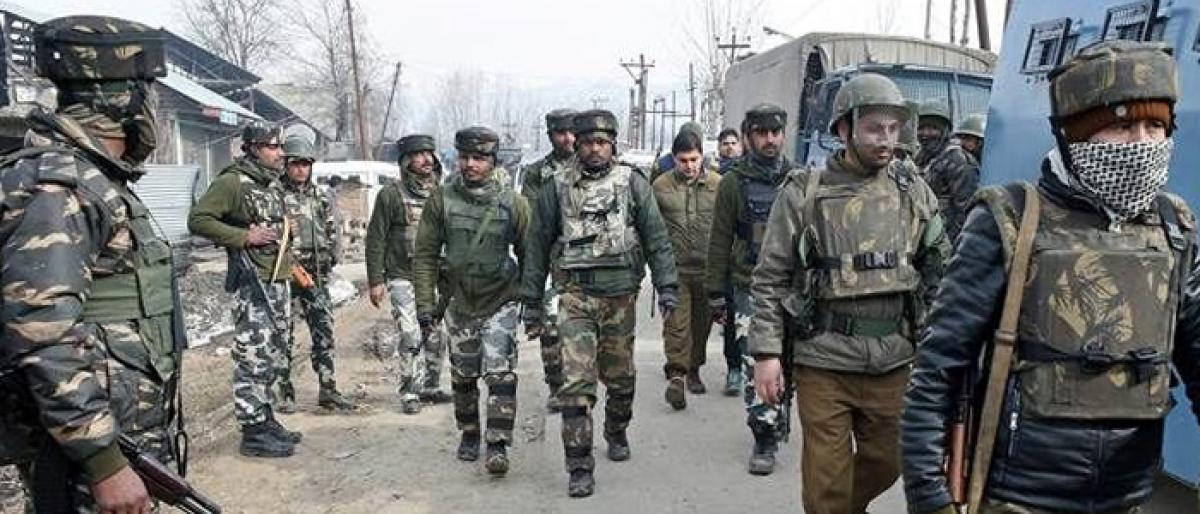
Scholars who keenly follow Shakespeare admit that fate is an inherent, and even necessary, element in tragedy. Fate is always recognised to be omnipresent and omnipotent in tragedy. The free will of the characters, whether exercised or not, is overpowered by their preordained fate. Hence, a tragedy occurs when despite a character’s brave efforts and noble intentions, he/she faces death simply bec
Scholars who keenly follow Shakespeare admit that fate is an inherent, and even necessary, element in tragedy. Fate is always recognised to be omnipresent and omnipotent in tragedy. The free will of the characters, whether exercised or not, is overpowered by their preordained fate. Hence, a tragedy occurs when despite a character’s brave efforts and noble intentions, he/she faces death simply because they are destined to die, an art lover explained once.
Kashmir is that tragedy that lives between deaths and dies between life. The only spectacle one witnesses is that of the burials. We never hear children's laughter or the joyous sounds of wedding celebrations in the streets and even if these aberrations do occur, we are not lucky to see those. Ironically, this man-made tragedy continues to haunt Kashmir.
BJP decision to pull out of the alliance formation in Kashmir does not augur well for Kashmir. It only means that bloody days are ahead for it once again. The brittle peace during the ceasefire period of Eid was shattered not one or twice. Those who should have welcomed the offer by asking their youth to shun violence did not do so. If the hardliners feel that Burhan Wani was a turning point, then the real turning point, perhaps, has arrived now with a Shujaat Bukhari and an Aurangzeb representing the moderate Kashmir and the State in Kashmir's history.
The two killings have given the much-needed breather to the Centre which has immediately grabbed the opportunity. Pulling out of the government is what it has been planning for some time now, but it did not want to take any blame for abrogating the arrangement of governance with the PDP.
The perspicacity of BJP's latest move tells us that it is planning to go all out against militancy in the valley now. It could mean an unsparing effort on behalf of the Centre to take the situation under control using its forces as it feels the time has arrived to go all out against the anti-national groups and perhaps, even individuals.
There could be any number of reasons for the Centre to do so now. But, the overwhelming feeling of revulsion over the two killings of - Bukhari and Aurangazeb - has emboldened it to dare this move. Ironically, the BJP was caught in a quagmire all the while, be it during the militants strikes or for its own operations thanks to the vociferous anti-BJP stand of the hardliners and secularists and liberals whose voices somehow seem to be converging for the nationalists.
Such voices are now caught on a backfoot and hence, the BJP could smell the blood. The last two years have seen a higher level of radicalisation that has come to affect the mainstream politicians too and no one is safe. The militants, on the instructions from their masters from across the borders, have been warning the State as well as the civil society members of targeted attacks not just on armed forces operating there but also on the members of the families who serve the nation in uniform.
The Centre has piled up operational intelligence against the operatives of death and their merchants in the valley and across the borders and has come to the conclusion that a large-scale violence was being planned in the valley and elsewhere. Intelligence wings have been warning the Centre of large-scale infiltration efforts and piling up of latest weapons in the valley. There are also reports, now confirmed, of the money flow through hawala, into the valley and into the hands of the separatists.
The latest (rather the first) UN Human Rights Report which is brazenly pro-Pakistan in letter and spirit has only strengthened the hands of the Centre muting the anti-BJP voices in the country. It cannot simply sit back and watch the situation deteriorate further. Politically too, this makes a sound sense for a party seeking to divert the attention of people from the perceived failures of the BJP in the recent elections and the convoluted efforts of the Opposition in stitching an anti-BJP coalition in the country.
Common man would love a 'real 56-inch reply' to militancy and its Pak handlers. The BJP might have thought this is the time for it. Anyway, it really is as would be seen in near future. By effective control of militancy or by waging seemingly effective Ops against the militants, inflicting a crushing blow on the booming neighbouring guns, the Centre would gain a lot. No one could call it a political ploy under these circumstances and anyone opposing it would go into oblivion. It is time for action in Kashmir and its borders. This should make a worrying scene for a Kashmiri as it means action in their backyard too.
From a thousand-year-old story of unknown authorship: “A merchant in Baghdad sends his servant out to buy provisions. In the market the man is jostled by a woman; turning, he recognises her as Death. He runs home pale and trembling, and pleads for the loan of his master’s horse: he must go at once to Samarra and hide where Death will never find him.
The master agrees; the servant rides off. The master himself then goes down to the market, accosts Death and rebukes her for threatening his servant. Oh, replies, Death, but I made no threatening gesture – that was just surprise. I was startled to see the fellow in Baghdad this morning, given that I have an appointment with him in Samarra tonight.” The dismal ending to the story is preordained and inescapable. The sense of inevitability that overshadows all the action makes the story all the more tragic.
I pray for Kashmir. Because nothing has gone right for it in the last three decades and more. King Creon laments in ‘Hamlet’ in the end: “Everything I touch goes wrong, and on my head/ fate climbs up with its overwhelming load.”
A Kashmiri awaits his/her fate now.


